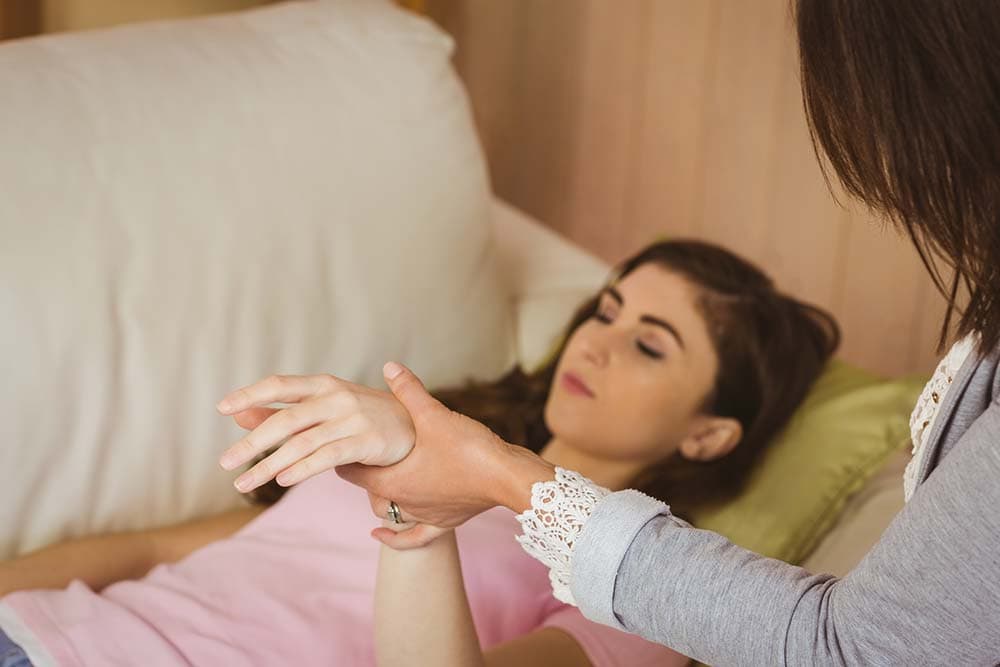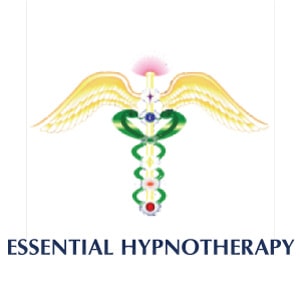Tourette syndrome is accepted to be a condition that affects the brain and nerves and is said to be a neurodevelopmental disorder. This means that it can begin in childhood or adolescence, as is identified by what is known as ‘tics”, which are a type of involuntary movements both physical and verbal. The chronic variety creates more severe and more frequent displays of both of these movements and might cause the individual to experience fatigue.
The neurotransmitters in the brain are partly responsible for the ongoing movements, even though they reduce with age in many cases. With the severe cases, it can go on into adulthood and become challenging to manage for the individual daily.
Though Tourettes is associated with ticks and spasms, generally speaking, it’s not a mental disorder. In some cases, an individual might suspect it may be due to either severe episodes or a feeling or as though it was “inflicted” upon them. As there are aspects of Tourettes that the medical profession has not yet tested, there are deeper causes behind this affliction that still have not been appropriately investigated. So what might there be on a deeper level that may be triggering the individual to have these involuntary episodes?

There are a few clues here with occasions where an individual would be in a situation or uncertain circumstances and be ‘affected’ by negative influences and develop this condition unwittingly or unexpectedly. This situation commonly occurs with some people present where negative energy is found in places like pubs and dwellings where there have been many unhealthy unfavourable circumstances ongoing for a prolonged period. This could be thought of as transference not dissimilar to catching a cold, in this case, more like absorbing negative emotional energy. In some cases, this might be referred to as possession or being influenced by hostile entities. This can frequently be seen when drunks mumble in the street in their drunken state, talking to an unseen entity. Possession is not always apparent and can be associated with negative spirits and where black magic might have been used. A lot of this is familiar in Asian countries like Haiti and Africa, for example. Entities can be carried within the individual, especially if that individual tends to stay negative and is not inclined to want to change, or might even like the attention of being ‘different (?) IN therapy is known as “personalized interjects”, inhabiting the same space as the individual, which can easily be remedied with Resource Therapy. As I mentioned earlier, more and more psychologists are now looking into this, and it’s becoming more recognized that this can be treated rather than the individual put up with this irritating condition.
Everyone gets affected somehow when they might be in a negative situation for a prolonged period, though not every negative situation results in something like Tourette’s. Every individual responds to different situations in their way, and sometimes in the most unlikely way.
If Tourette’s is treated like a habit that has become “anchored” to the individual, then that individual could be encouraged to learn to see it ‘as a habit’ and train themselves to be mindful of when the situations occur when the ticks or spasms might become more severe. What might trigger it?
Unfortunately, in today’s day and age, most people prefer to rely on drugs and think that the medicine will “fix” the situation without them having to participate in their healing because healing can happen if given a chance. Tourettes can be healed, but if those around the individual are of the mindset that it’s hereditary and therefore “cannot be treated” and therefore need to rely on drugs, the individual cannot correct the ailment themselves with supervision using their own will power.


